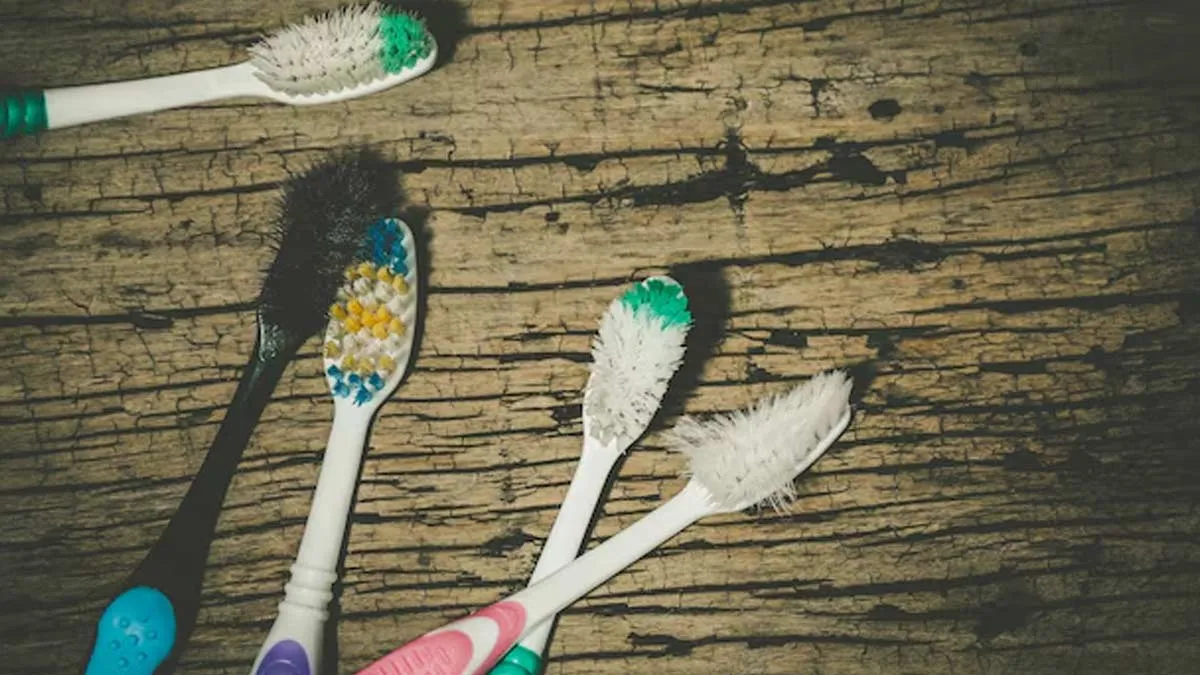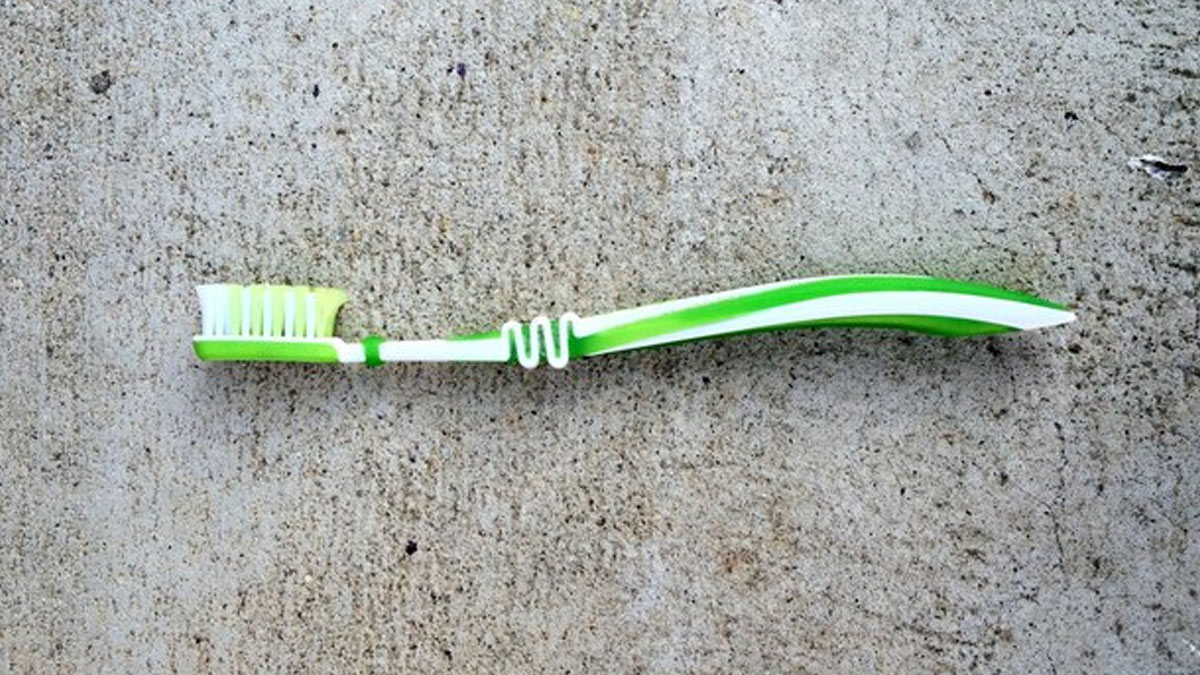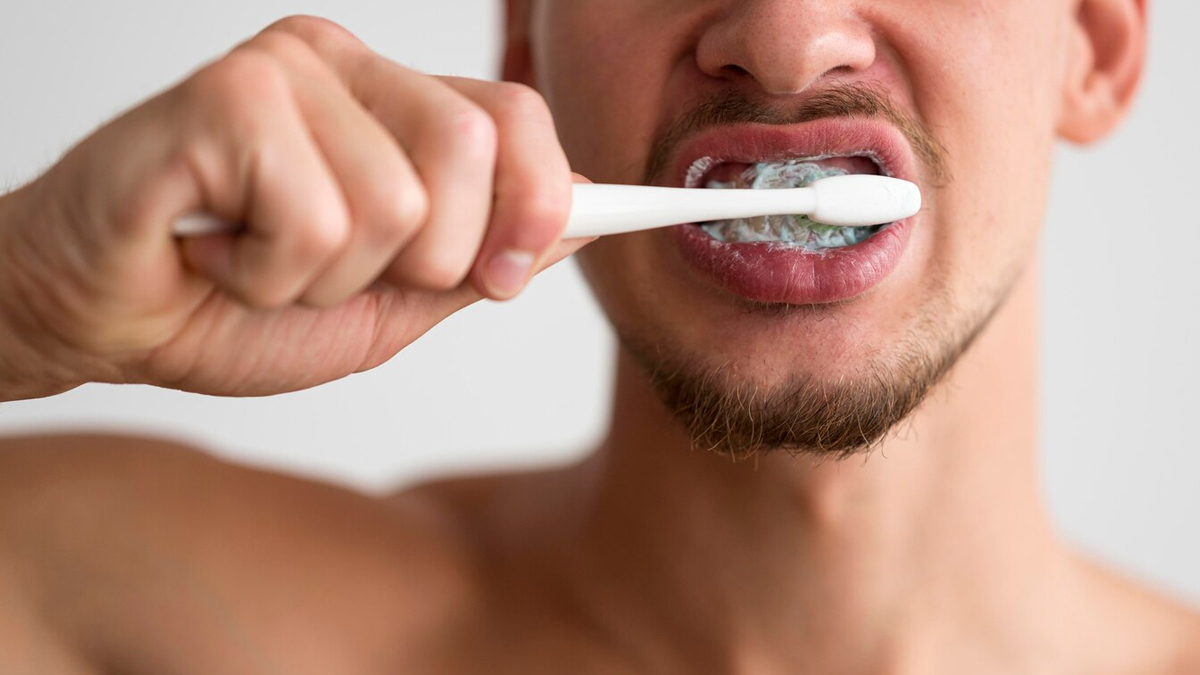
You brush your teeth every day (hopefully twice), but when was the last time you thought about your toothbrush? Not just whether it's your favourite colour or soft enough, but also thought about how long you've been using it. For many of us, the toothbrush is one of those background items we use daily and forget entirely, until the bristles look like they’ve had a rough week. But this small act of neglect might be silently affecting your oral health more than you realise.
Table of Content:-
The 3-Month Rule That Many Ignore
The American Dental Association (ADA) suggests replacing your toothbrush (or electric toothbrush head for electric toothbrushes) every three to four months, or earlier if the bristles become frayed. However, surveys indicate that most people don't change theirs for six months, a year, or even more.
What Happens When You Use an Old Toothbrush?

Ineffective Cleaning
You may have noticed that when bristles wear, they become less stiff and lose their shape. This makes your toothbrush ineffective in cleaning your teeth, skipping plaque, food particles, and bacteria in tight spaces.
Bacterial Build-up
Did you know that toothbrushes are breeding grounds for bacteria? Over time, as food particles and water come into contact, they become infested with germs, fungi, and even mould. A 2020 study found that the amount of bacteria on toothbrushes peaks around three months of use, especially with certain types of bacteria increasing during that time. After that, the number of germs tends to level off.
Gum Damage
Worn-out bristles not only clean less, but they also harm your gums. Frayed bristles can rub against the gum line or cut it, leading to bleeding, swelling, or increased sensitivity.
Bad Breath and Infections
If you have been noticing bad breath frequently, there is a chance your toothbrush may be to blame. This is because your toothbrush is no longer removing plaque effectively or is contaminated itself. You could also end up with gum infections or mouth sores that keep coming back.
Also Read: Toilet Flush Germs on Your Toothbrush? Here’s How to Keep It Safe and Hygienic
Why Do People Forget to Replace Their Toothbrushes?

- It’s Not a Priority: Replacing a toothbrush doesn’t feel as urgent as running out of toothpaste.
- Lack of Awareness: Many simply don’t know about the 3-month guideline.
- No Visual Reminder: Unless the bristles are visibly frayed or discoloured, most people assume it's still fine.
- Busy Routines: Daily hustle makes it easy to overlook small hygiene practices like this one.
Simple Habits to Remember For Changing a Toothbrush
- Mark Your Calendar: Don't forget to set a reminder every 3 months on your phone. You can even align it with a seasonal change.
- Buy in Bulk: Store a couple of spare toothbrushes at home to make replacement easy and convenient.
- Use Colour-Changing Bristles: Some brushes now come with bristles that fade in colour to remind you to change them.
Also Read: Your Toothbrush And Showerhead May Be Hosting Hidden Viruses, Study Reveals
Don’t Forget After Illness
The toothbrush needs to be replaced after you've been sick, especially if you've had the flu, a cold, COVID-19, or a sore throat. The bacteria or viruses might still be lingering on the bristles and could cause reinfection.
Bottomline
Your toothbrush is your defence against cavities, gum disease, and halitosis. Using it like the disposable gadget that it is and changing it often can spare you a ton of dental problems in the future.
[Disclaimer: This article contains information for informational purposes only. Hence, we advise you to consult your professional if you are dealing with any health issue to avoid complications.]
Also watch this video
How we keep this article up to date:
We work with experts and keep a close eye on the latest in health and wellness. Whenever there is a new research or helpful information, we update our articles with accurate and useful advice.
Current Version
